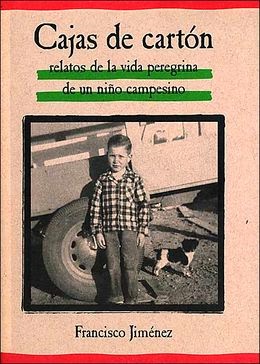After reading the first section of Tracy McMillan's The American Way of Eating, what struck me most was the infuriating practice of the garlic companies who "cooked the books" in order to severely underpay their employees. In one example, a laborer who worked over 8 hours picking garlic was paid $16. Although she had clocked over 8 hours, the company changed her paycheck to reflect only two hours of work because the minimum wage is $8 per hour in California.
Sadly, this was a common practice. Even the fastest pickers and hardest workers were unable to pick enough garlic to earn $8 per hour, so all of the workers' timecards were changed to reflect pay for the amount they picked. Not one garlic worker was able to earn minimum wage (a total of $64 per day for eight hours) and the author (a journalist working undercover) often earned only $24 for 8 hours of work in the fields. Clearly, this is an illegal practice! According to the author, companies who "cook the books" may be ordered to pay a fine after legal investigation; however, the fine is less than the cost of actually paying workers a weekly check based on minimum wage. Clearly, the consequences are not severe enough for the companies to change an illegal practice, and migrant farm workers continue to earn much less than minimum wage.
The American Way of Eating was published by McMillan in 2012. Despite years of reforms, illegal practices that prevent migrant farm workers from earning minimum wage are still rampant in the food industry. Unfortunately, illegal practices that cheat farm workers have been common for many years.
If you're interested in learning more about the migrant experience, I
 highly recommend Cajas de cartón by Francisco Jimenez, the story of a 12-year-old boy who worked with his family in the fields throughout his childhood. It's a short book composed of shorter narratives that are very accessible for intermediate Spanish speakers. (English translations are available as well.) Reading just the short story, "Cajas de cartón," for which the book is titled, is a worthwhile glimpse into the life of young workers.
highly recommend Cajas de cartón by Francisco Jimenez, the story of a 12-year-old boy who worked with his family in the fields throughout his childhood. It's a short book composed of shorter narratives that are very accessible for intermediate Spanish speakers. (English translations are available as well.) Reading just the short story, "Cajas de cartón," for which the book is titled, is a worthwhile glimpse into the life of young workers. Tomás Rivera's Y no se lo tragó la tierra (And the earth did not devour him) is another honest portrayal of the experience of migrant workers. The book is published in a bilingual edition and was also the basis for a film of the same title (sometimes the title is translated And the earth did not swallow him).
Tomás Rivera's Y no se lo tragó la tierra (And the earth did not devour him) is another honest portrayal of the experience of migrant workers. The book is published in a bilingual edition and was also the basis for a film of the same title (sometimes the title is translated And the earth did not swallow him). What's frustrating is that illegal practices and unfair treatment of migrant workers (many of whom are American citizens) have been part of the food industry since these narratives were written 50 years ago. Sadly, not much has changed.



Sad account of such unjust practices. I was under the illusion that things had improved.
ReplyDeletePerhaps we should be reading one or more vignettes from And the earth did not devour him in our class. Want to pick something?
ReplyDelete